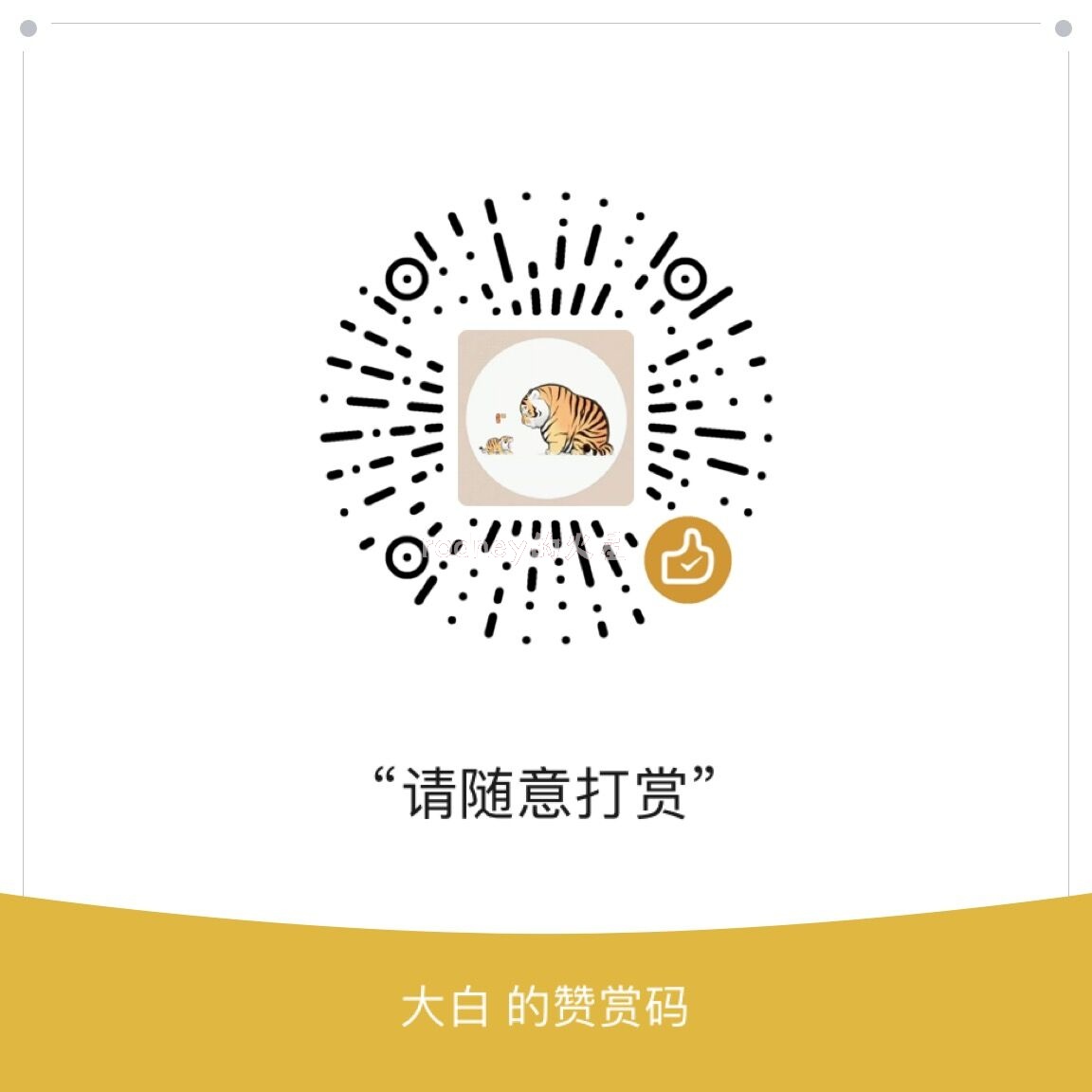为繁荣我国的翻译事业,为各行各业年轻的翻译工作者、大专院校师生及广大爱好翻译的青年朋友提供更多展现才华的机会,使之脱颖而出,中南大学外国语学院和《外语与翻译》编辑部――继2006年成功举办二届“芙蓉杯青年翻译奖”竞赛之后,2008年决定主办面向全国的第三届“芙蓉杯青年翻译奖”竞赛,热忱欢迎全国各地符合条件的年轻学子和青年朋友报名参赛。竞赛由“芙蓉杯青年翻译奖”评审委员会组织实施。第三届“芙蓉杯青年翻译奖”参赛规则如下:
一、本届竞赛设立英译汉和汉译英两个奖项。
二、《外语与翻译》2008年第1期刊登参赛原文。
三、参赛者年龄:45岁以下(1963年7月1日以后出生)。
四、《外语与翻译》第1期所登参赛券(包括复印件及网上下载)为有效参赛券。
五、参赛译文必须独立完成。若有抄袭现象,一经发现,将取消参赛资格。参赛译文请用电脑打印或用稿纸(有单位名称抬头的译文稿纸无效)誊写清楚。译文正文内请勿书写译者姓名,译文前加一封面,将填好的参赛券剪贴在此封面上(请勿贴在信封上)。
六、截止日期:请参赛者于2008年7月17日以前(以寄出日邮戳为准)将参赛译文挂号寄至:长沙市韶山南路22号中南大学铁道校区《外语与翻译》编辑部,邮编为410075,请在信封上注明“参赛译文”字样。
七、参赛者请在交寄参赛译文的同时,汇寄报名费20元;如同时参加两项竞赛请汇报名费40元。汇款地址:同上,请在汇款单附言上“参赛报名费”字样。未汇报名费的参赛译文无效。
八、本届竞赛设一、二、三等奖和优秀奖若干名,授予一、二、三等奖获得者奖金和证书,授予优秀奖获得者证书和奖品。评选结果将在《外语与翻译》2008年第3期(9月15日出版)上公布。
九、联系地址同上,联系电话,(0731)2656892。网址:http://sfl.csu.edu.cn
第三届“芙蓉杯青年翻译奖”评审委员会
2008年1月
参赛券(请沿虚线剪下,贴在译文前加的封面上)
(复印件或网上下载有效)
|
姓 名 |
|
出生年月 |
|
性 别 |
|
电 话 |
|
|
工作单位 |
|
职 业 |
|
||||
|
通信地址 |
|
邮政编码 |
|
||||
英译中参赛原文:
My Brother, Floating
by Lance Larsen
Sometimes, when afternoons turn heavy as used furniture, when I close my eyes on the bus, or open a window at home to create a dot-to-dot flight pattern to the nearest mountain, I think of my brother floating. My brother in 1978, with Bob Dylan hair, in the lotus position. In a meditation room, in Israel, suspended between floor and ceiling, buoyant as a soap bubble. He went there, with his wife of five months, for advanced training in transcendental meditation. No, TRAN-scen-DEN-tal MED-i-TA-tion. That’s how I learned to say it, filling my mouth with perfect trochaic syllables—and feeling hip and very California. No small accomplishment, given that I lived in Idaho. TM for short: code for the initiated. The night before their international flight to Jerusalem, I stood with them in my parents’ drive making a bon voyage of the cold, our breath coming in little gasps. They’d driven straight through from Seattle. “So what is it you’re going to learn?” I asked. He flipped up the collar on his pea jacket: “Longer meditations, deepness, clarity. They say you go into these moments when you’re there and not there, and sometimes you float.” “Float,” I said, “as in off the ground?” “It just happens,” he said, “but never on purpose.” And then we were on to more pressing matters, such as the question of my babysitting his Volvo.
Before going in that night, I looked at the stars, at the cold black between them that pulled so loudly. My brother and his wife, they were deep inside of wisdom, ancient with it: in their twenties. I was seventeen. This was twenty-five years ago, before they committed parenthood, before his summer stint as a firefighter turned into a two-decade career as an EMT, before they traded their dreams of a timberframe. house for acreage and a double-wide trailer, before he wrecked his back trying to lift a woman as big as a horse, before the marriage counseling fizzled, before their son dropped out of college and started cutting his wrists, before his wife said, I need some space, it’s not you, and left him.
Before all that, back in the 1970s, it was easier to float. And easier to believe in floating. Or half-believe, as I did. Meditation: levitation. I knew they weren’t the same thing, but if you could do one well, why not sometimes the other? Mystical, entrancing powers were everywhere. Certain Filipino surgeons could cut you open with bare hands and pull out slithery cancers. Uri Geller had bent spoons on Johnny Carson. And mental telepathy, Ouija boards, channeling the dead—hell, that was everywhere. Closer to home, didn’t floating already run in my family? Take my octogenarian grandfather. On land, he was a near invalid, with his canes and degenerative arthritis and stainless steel hip that set off airport alarms. But if you drove him to the hot springs and slid him into the water, he turned into a balsa replica of himself, held up by mermaid hands. Eyes closed, he let the currents carry him. And some poor woman in a bathing cap would look up at this great gaunt body parting the steam and wonder if he was asleep or dead and should she call an ambulance?
So—my brother floating. It made instant sense. After all, he’d been floating away from us for years, with Earth shoes and incense and homemade tofu. Why not make his floating literal? It was a way of being chosen. Not cow’s milk when he was an infant, but goat’s milk purchased by the ounce from a farm at the edge of town. Not football or other sports growing up, but tracking animals and dancing in feathered headdresses, like a Paiute. Not recipes in the kitchen, but intuition and another scoop of wheat germ. Not high school formals, but expeditions to gather planaria—a flatworm something like a leach which can be taught to swim an obstacle course and which will grow two heads if you cut it just right. Summers, my brother floated away even further, first working as a cook at Camp Little Lemhi, then later throwing himself out of airplanes to put out wildfires.
I never asked him whether he floated or didn’t. Not upon his return from Israel, and not since, though certainly I had my questions. Does everyone float? Do some float all the time and others hardly at all? Is it easier or harder to float in a foreign country? What happens if you open your eyes? Did anyone bother to take pictures? At first I avoided the topic out of politeness. It seemed cloddish and prying to ask, like querying someone’s virginity. Later, I avoided asking, I suppose, because I didn’t really want an answer. It seemed—and seems— better to let myself drift back, without revision, to those weeks when I drove his Volvo around my hometown haunts. The Volvo was forest green, with 200,000 miles on it and a pricey stereo. With the music cranked up—my brother’s music—everything seemed possible. There was Keith Jarrett, Carole King, a little bluegrass, Country Joe and the Fish, but also more ethereal stuff: whales underwater calling to each other in plaintive bellows and songs of lostness. What had my brother said in his letter home from Israel? Something about fresh yogurt every day and afternoon walks, something about a group meditation that caused the parched sky to open in rain.
Once after a Saturday night dance, after dropping off a friend, I drove the Volvo home and listened to a flautist inside a pyramid. So echoey and dark you could feel the centuries pressing down. No drums or guitar, no one singing, no remixes in the studio. Just the flute improvising and interrupting itself. Did they have a make-out song, my brother and his wife? Was one mantra better for floating than another? Did you smear yourself with it, like distance swimmers before braving the English Channel? No, the word would be lighter than that, veined with vowels—a dragonfly wing. I floated through empty streets, took the overpass above the train yard, and then the snow started. Everything outside turned quiet and slow. I wasn’t driving so much as snow was funneling toward me like girls and vertigo, breathing and hunger and the world’s body. My brother and his wife defied gravity by day, and swam each other by night. I pictured the meditation room, as he had described it: neutral walls, no chairs or table, the whole thing carpeted in two-inch foam, in case your butt got tired, in case you fell out of your mantra. There are so many ways to feel heavy in this world. Who was I to say that a darkened room in Israel was just a room, that a car carried by snow was just a car?
中译英参赛原文:
读书三层次
我以为,真正论及读书,大凡要经历“乐——苦——乐”的“三级”层次。第一层次上的“乐”,多具自娱性质,读丑小鸭如何变成白天鹅,读精卫鸟如何化作银鸥群寻找入海的树枝,读安东尼和克莉奥特佩拉爱与恨、悲与喜交汇的话剧,读人类文化的起源和生命科学史,那渴求的心灵得到愉悦与充实。到了第二层次,又读又用,上下求索,要从人类丰富的文明的积淀中悟出某些规律性的东西,要从“山重水复”中谋求“柳暗花明”,要想在学术和事业上有所创造、有所开拓,就会感到书林召我以烟景,世事空茫,甘苦寸心,“书到用时方恨少”了。及至第三层次,上述之“苦”又转化为更高境界的“乐”,学贯中西,触类旁通,书为人役,遣章自如,进入一种极乐的化境。
现时真正能进入“化境”的学人并不多。我不能经常地自我反思。平心而论,自己充其量不过处在一点五级的读书境界,即徘徊于“自娱”层次与“求索”层次之间。常年飘泊不定、庶务缠身,懒散时,假读书以消遣,也多旨在自娱。但毕竟有研习任务在身,天天要和书籍打交道,去读自己不懂的深奥,去体味世界的富有,去做一些学问上的求索,自然也就深感人生苦短和书海无涯。有些书,我只好随便翻翻——有时“随便翻翻”也可以发现学问;有的书,我得读上三遍五遍——有时“三遍五遍”也不求其解,书却牢牢地缠着自己的心灵不得安宁;还有些书,与专业无关的,也得硬着头皮去读。自然,不能为读书而读书,读了总得为我所用,那就要对知识进行“综合处理”,并力求创造性的转化。
像我们这一代年龄在“知命”上下的人,就多数而言,“旧学”根底远不如前辈深厚,“新学”知识为后者立马可追。我常跟同好们说,我们只是“过渡型”的角色。有什么办法呢?还是抓紧时光,认真读书,更新灵魂,“苦”中求“乐”吧。
































